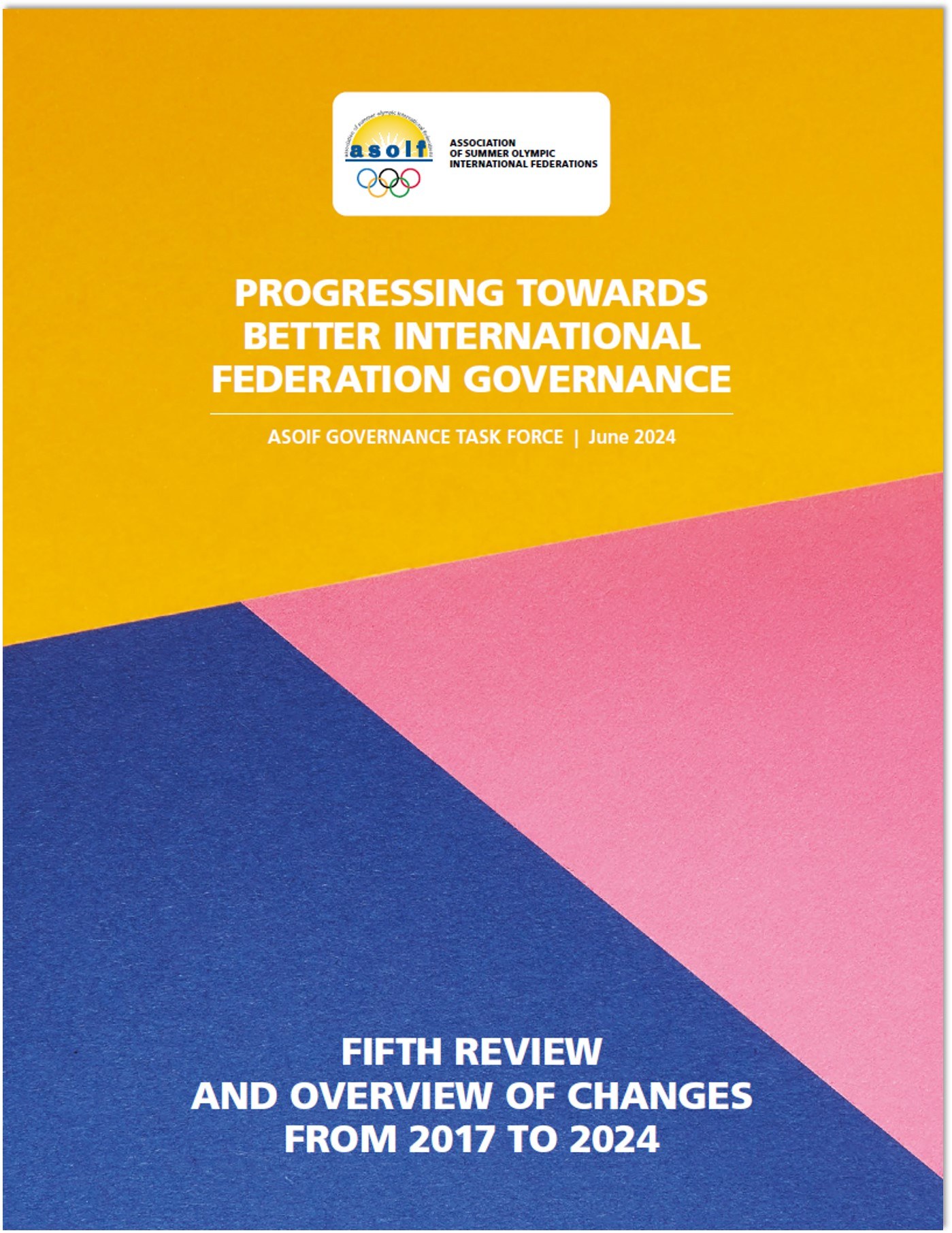The growing efforts to combat match-fixing in sport understandably focus on gambling-related fixes but more research would be welcome on the best methods to prevent sports-related fixing, not least to clarify what counts as acceptable.
As an Economist blog points out, there are a number of scenarios in which it may be in the best interests of a sports team or athlete to avoid winning a match. If a team decides not to perform to the best of its ability then fans are cheated and the whole premise of sports competition is threatened.
A prominent example that has generated debate is in the NBA where struggling basketball teams have been accused of “tanking” matches to lower their league placing in order to secure a higher pick in the next draft.
The Economist also cites the recent case of the FA Cup tie between Cambridge United and Manchester United in England. Cambridge, a much lower ranked team, arguably gained more from securing a draw and a financially lucrative replay away at Manchester United than they would have done by winning through to the next round. However, with a disparity in the ability of the teams – even though the Cambridge team gave a very good account of themselves – it’s not clear that it would have been a plausible strategy to play for a draw rather than a win.
Round-robin qualification events can easily result in skewed incentives. A typical case might arise when a leading team unexpectedly loses one of their round-robin matches (with or without suspicious circumstances). Consequently, they are set to qualify in second rather than first place. In another group the highest ranked team may believe it is in their interests also to finish second in order to avoid the “best” team in the next round. They may therefore prefer to draw or lose their final group game. It was a situation like this which caused controversy and disqualifications in the 2012 Olympic badminton tournament. Individual and doubles events are possibly more vulnerable to this type of manipulation than team events.
Collusion is another potential threat in round-robin events. A famous alleged instance was in the 1982 FIFA World Cup when a 1-0 win for West Germany against Austria enabled both teams to qualify for the next round. In recent tournaments the final round of group games has taken place simultaneously to reduce the risks.
It is a complex issue because there is a whole separate category of events in which a team or individual holding back a fraction may be regarded as entirely legitimate and good tactics. For example, in the first round of a 1500m athletics event in a major championship there may be five athletes who will qualify for the next round. If an athlete finds themselves safely in third place with 30m to go it is perfectly reasonable to ease off a little and save energy. The important distinction here is that nobody else loses out (at least not directly – there could be an impact on “fastest losers” across a set of qualifying races).
Going one step further, the decision by a top athlete to take part or not to take part in a particular event can have a significant impact on the rankings, prize money and funding of other athletes. Tennis and track and field are among the sports which have rules governing how frequently athletes need to compete (see the rather complicated Emirates ATP Rankings regulations here).
With the stakes higher than ever and a burgeoning sports law sector, there is a need for research and guidance to help sports federations, teams and athletes navigate these scenarios. It should be possible to design competitions in such a way as to reduce the risk of sports-related match-fixing – testing new formats thoroughly as a precaution - and it is only fair for athletes and teams that they should have clear information on what is and is not acceptable. It’s also the least that the fans deserve.

